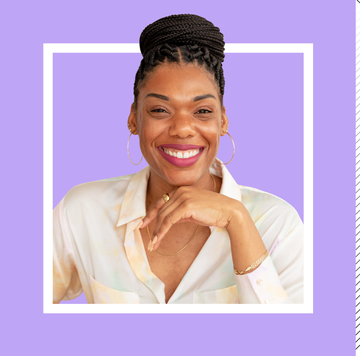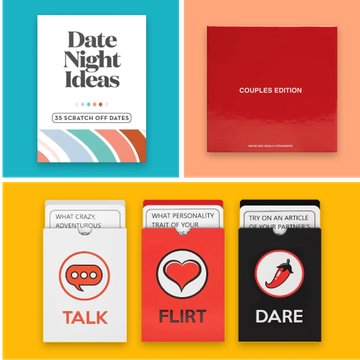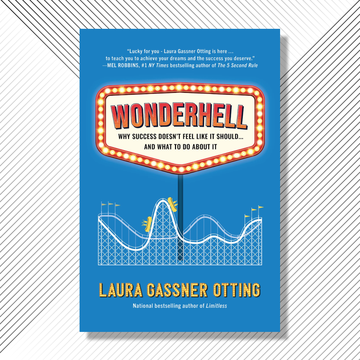Let’s talk about Peter Pan syndrome. Now, before your mind dwells on a man-boy in tights (for too long), think of an emotionally immature person who has trouble adulting and taking on responsibility, like your ex...let’s call him Sean. He may have been fun to flirt with, but after living together, you began to feel like his mother, reminding him of social responsibilities, and suddenly you’re the “nagger.” Yes, that dirty tactic used to shift blame away from that actual issue; in this case—Sean.
The term caught like wildfire after psychologist Dan Kiley titled his book The Peter Pan Syndrome in 1983, which became the unofficial but official name of this non-diagnosis. PPS (Peter Pan syndrome) spans beyond relationships, romantic or otherwise. A boomer filmed on TikTok went viral after knocking the younger generations, saying, “The Millennials and Generation Z have Peter Pan syndrome; they don’t ever want to grow up," which fueled the “Ok Boomer” merch craze. So, to better understand how to use this term and what it means, we consulted Sarah Grogan, clinical psychologist at Sage Leaf Counseling.
What is Peter Pan syndrome?
More From Oprah Daily

In short, it’s when an adult refuses to grow up. In more professional terms, Grogan explains it as “a pop-psychology term referring to individuals who have difficulty adopting a typical adult lifestyle or struggle to maintain meaningful relationships.” PPS can be serious and share traits with mental health issues such as narcissism, depression, and anxiety, to name a few, all of which need care and special attention.
Who can get Peter Pan syndrome?
“Individuals of any sex or gender can develop the behaviors associated with PPS. However, it appears to be more prevalent in cisgender men,” says Grogan. She explains that might be because our toxic patriarchal culture places a strong emphasis on gender binaries. “Women are defined as the person who nurtures everyone, manages the household and family responsibilities, and carries the brunt of the mental load and emotional labor required to fulfill all these responsibilities,” all of which can enable and reinforce bad behavior amongst cisgender men. However, another contributing factor is permissive or overprotective parenting styles. By not teaching children responsibility or shielding them from discomfort, they can begin to show a lack of emotional maturity as they age, resulting in forever childish behavior.
How can Peter Pan syndrome affect relationships?
At first, a partner will be playful, fun, and everything you requested on your Tinder profile. You may feel like you struck the lottery and can’t wait for them to meet the parents. Only once you’ve landed a rhythm, it begins to crumble. You feel like a parent reminding your lost child to do their chores. Or always feel like you’re seeking emotional engagement instead of watching them play Grand Theft Auto with their buddy—again. Resentment will begin to set in, and this vicious cycle turns round and round until the heart of the issue has been addressed.
Is this syndrome treatable?
Yes, but only if a person is willing to step outside their discomfort and fear of responsibility. First, let’s take a step back and think about the motivation behind the need for a person to change. We can’t force others to get help, but we can set boundaries. “It is not making requests or demands of others,” Grogan explains. “Setting boundaries means personally evaluating and then expressing what we will or won’t participate in.” It’s helpful to bring in outside perspectives, such as a therapist, if participants are willing. Other times, it’s beyond your control, and you may need to remove yourself from a toxic environment. Either separate yourself from the Peter Pans in your life or seek a Peter willing to grow alongside you.

Emma is a New York-based writer focused on beauty, lifestyle, and fashion. When she's not scribbling novel ideas (pun intended), she's off performing on Broadway and recording movie scores as a Juilliard-trained violinist. Her bylines have appeared in Rolling Stone, Parents, InStyle, The Everygirl, and well, you get the idea.












